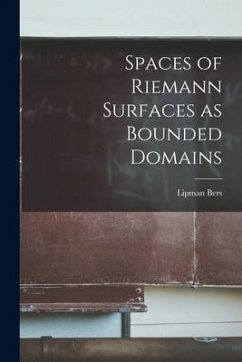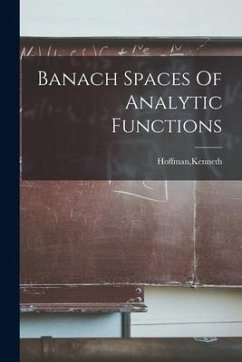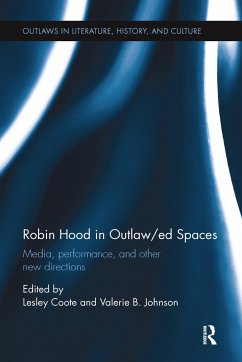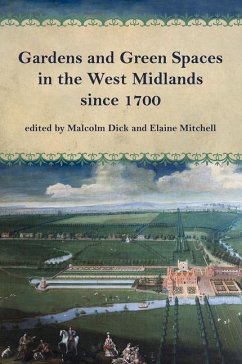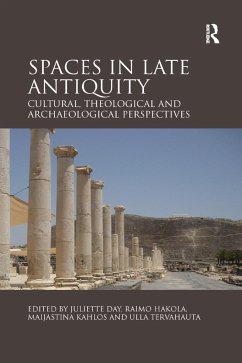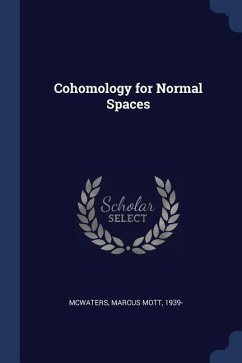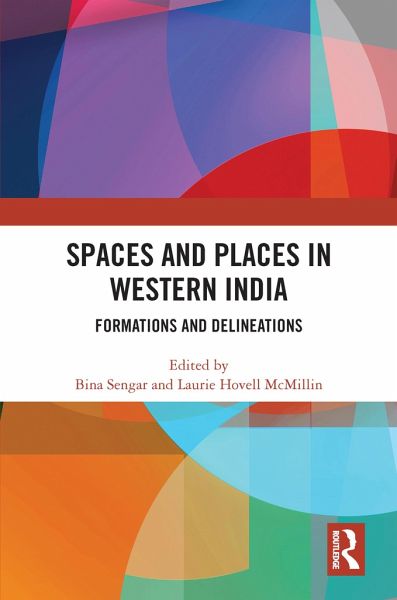
Spaces and Places in Western India
Formations and Delineations
Herausgeber: Sengar, Bina; Hovell McMillin, Laurie
Versandkostenfrei!
Versandfertig in 1-2 Wochen
52,99 €
inkl. MwSt.

PAYBACK Punkte
26 °P sammeln!
This book studies places and spaces in Western India both as geographical locations and as imagined constructs. It uncovers the rich history of the region from the perspective of places of pilgrimage, commerce, community, expression and indigeneity. The volume examines how spaces are intrinsically connected to the lived experiences of people. It explores how spaces in Western India have been constructed over time and how these are reflected in both historical and contemporary settings - in the art, architecture, political movements and in identity formation. The rich examples explored in this ...
This book studies places and spaces in Western India both as geographical locations and as imagined constructs. It uncovers the rich history of the region from the perspective of places of pilgrimage, commerce, community, expression and indigeneity. The volume examines how spaces are intrinsically connected to the lived experiences of people. It explores how spaces in Western India have been constructed over time and how these are reflected in both historical and contemporary settings - in the art, architecture, political movements and in identity formation. The rich examples explored in this volume include sites of Bhakti and Sufi literature, Maharashtrian-Sikh identity, Mahanubhav pilgrimage, monetary practices of the Peshwas and the internet as an emancipatory space for the Dalit youth in Maharashtra. The chapters in this book establish and affirm the forever evolving cultural topography of Western India. Taking a multidimensional approach, this book widens the scope of academic discussions on the theme of space and place. It will be useful for scholars and researchers of history, cultural studies, geography, the humanities, city studies and sociology.





